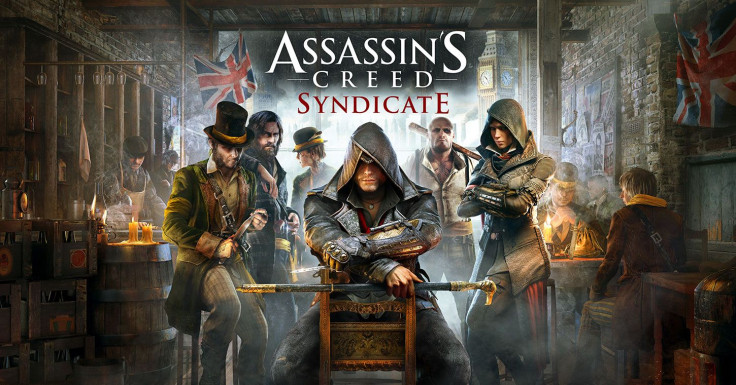So You Want To Be a A Game Developer? What It’s Really Like To Work On A Blockbuster Like Assassin’s Creed

Working at a major studio is a dream job for anyone who wants to be in the video game industry. A few years and a few promotions could mean playing a role in a multimillion-dollar AAA title that's played by gamers around the world. That's where Maxime Beaudoin found himself at Ubisoft, as a technical architect in 2015. But after toiling on “Assassin's Creed: Syndicate,” Beaudoin decided to leave Ubisoft and pursue a career as an indie developer. In many ways a dream gig can soon become a drain.
“During my first weeks at Ubisoft, I couldn’t believe that I was actually getting paid to do this! This was better than holidays,” Beaudoin said in a blog post explaining his decision to leave Ubisoft.
Working on a massive title such as “Assassin's Creed” requires a global effort involving many teams across time zones. Beaudoin worked at Ubisoft Quebec when it was developing “Syndicate,” the latest entry in the popular series. “Assassin's Creed: Syndicate" followed the underwhelming “Assassin's Creed: Unity." “Unfortunately, at launch, the overall quality of the game was diminished by bugs and technical issues. I want to sincerely apologize on behalf of Ubisoft and the entire Assassin's Creed team,” Ubisoft CEO Yannis Mallat said in a statement.
For the next “Assassin's Creed” title, “Syndicate, Ubisoft Montreal would not be in charge of the project for the first time in the seven-year history of the franchise. Ubisoft Quebec was now leading the development of the game, but it was also working with 10 teams around the world. Hundreds of decisions were being made weekly, Beaudoin said. “ 'Syndicate' was the first project of that size we made at Ubisoft Quebec. Many people never worked on an Assassin's Creed game before. We had a lot to learn as a studio, it wasn't a walk in the park,” Beaudoin said in an interview with International Business Times.
Beaudoin's job focused on the technical side, doing all the things needed to make the game run smoothly. “I spent about 50 percent of the time in meetings and answering emails about various technical discussions,” Beaudoin said. “That's what's expected from a technical architect, but by the end of the day, I didn't really have a feeling of accomplishment. Yes my voice was heard, but only on a technical standpoint.”
Beaudoin says any developer eventually understands his actual contribution to a AAA title is minimal. Whether it's not being included in a meeting or only working on a small aspect of the game, frustration will set in at some during the development cycle. By the end, the main priority is fixing bugs in the game. “Hundreds of thousands of bugs," Beaudoin said. “It's usually impossible to fix them all before the release. Nearly every big game out there is full of bugs.”
Not all departures are as acrimonious or high profile as Hideo Kojima's split from Konami in 2015. The dispute between the creator of the "Metal Gear Solid" franchise and his long-term publisher led to revelations about low morale and claims of improper treatment of employees at Konami.
For Beaudoin, it was a lack of satisfaction that led him to go indie. He pitched two projects that were later canceled prior to “Syndicate” and couldn't escape that feeling of disappointment. Going forward, Beaudoin said he's working with a small team on two games that may see their release on Steam and consoles.
© Copyright IBTimes 2024. All rights reserved.












